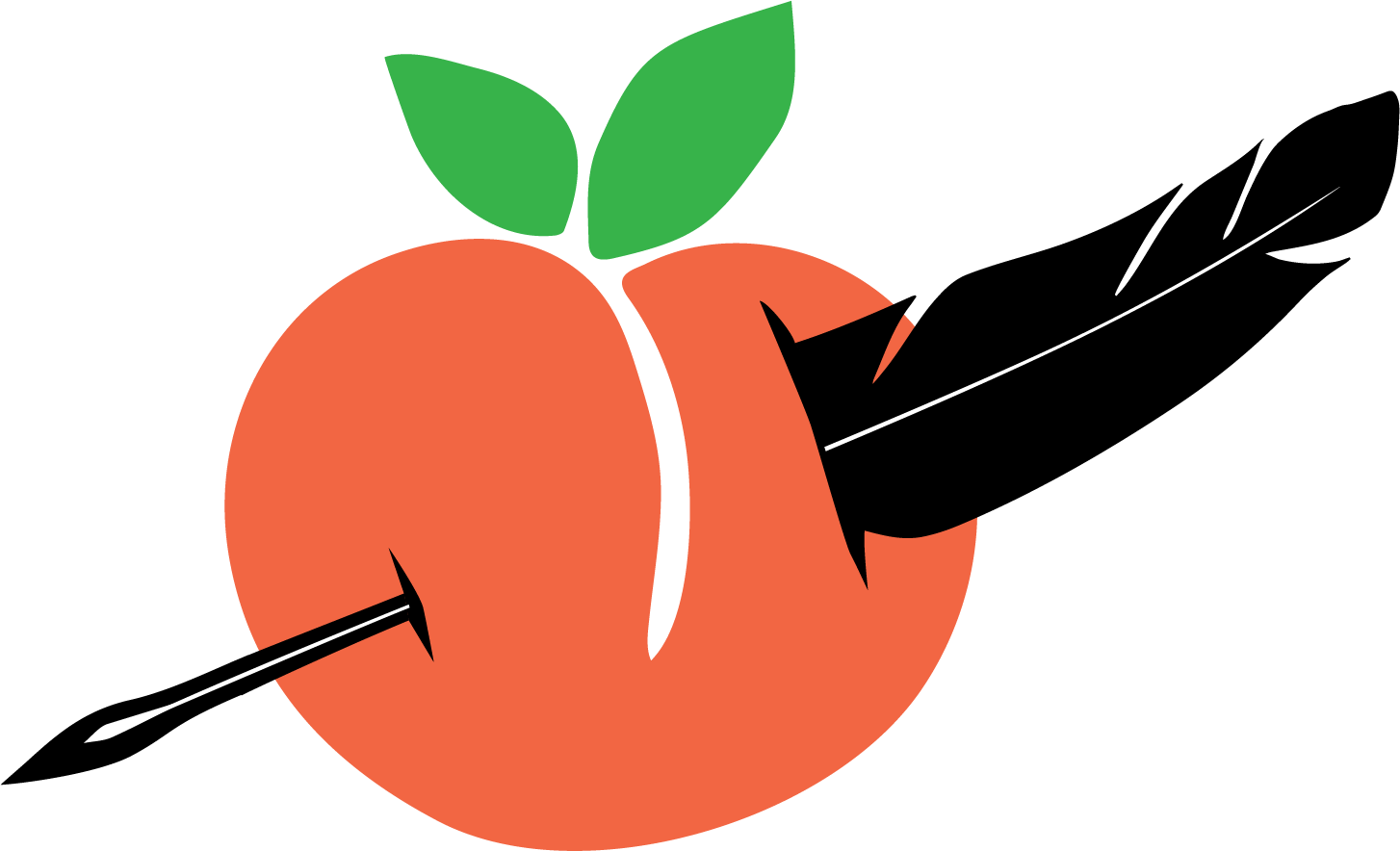Freelancing: How to Sell to Local Periodicals By Linda Sands
We’ve all seen them, the free periodicals on racks by the door of the bar, restaurant, gas station or grocery store. They might be glossy magazines pimping high-end real estate that’s been sold twice over or little local newspapers trying to spread news that matters. Whatever the case, I always grab a few to take home and read and sometimes, I end up writing for them.
The pay isn’t huge, if it’s there at all and sometimes, it might come in the form of gift cards or food. But if you’re looking to add some publishing credits to your resume, bump up your visibility as a writer in the area or add some fresh content to your website and social media pages, it’s a great option.
I have found the submission process to be simple and straight forward. Usually, the editor’s name and their contact information will be listed on the first few pages. They may give submission guidelines there as well or list the person to contact to make a pitch and submit your work.
Make sure you read the periodical, both in print and online (if it exists) studying the content and feel. The quickest way to have your writing rejected in any submission is to miss the mark.
From an article by Suzanne Lieurance on Freelancewriting.com
“If you apply for a freelance assignment you’ve seen advertised somewhere, and an editor asks for writing samples or an outline for the project advertised, make sure you really understand what he needs to see. Remember, this editor is just trying to figure out if you can deliver the type of work the project calls for. If you don’t already have a writing sample in your files (for the type of work this editor is asking for), take the time to craft a sample that will show this editor you can write about a particular subject in the style, tone, etc. that he is looking for. If the editor has requested a custom sample, and has given you guidelines for this, then study those guidelines carefully and follow them to the letter. If you don’t fully understand the guidelines, then ask the editor for clarification.”
If you believe your work is or could be what they’re looking for, send a brief query introducing yourself, perhaps telling them how you learned of their publication. And what you think about it. A little honest flattery goes a long way. Be sure to follow their submission guidelines to the letter, and always end your correspondence with your contact information, links to your social media, website, and places they can read your work, if you aren’t sending any samples.
It should go without saying that even with a smaller publication you must act `professionally. Don’t be a bother to the editor or staff (many are volunteers with full-time jobs elsewhere) by asking unnecessary questions or expecting too much. If they reject your pitch or submission, thank them for considering it and ask if you might send something else at another time.
If you’re new to freelancing—and their publication—it’s probably not the best time to negotiate compensation or suggest major editorial changes in your article after they’ve accepted it. In this case, the squeaky wheel will definitely not get oiled.
Over the years, I’ve been published in the smallest throw-away periodicals in the smallest towns, the most obscure literary magazines online and print and in a few major newspapers and magazines across the country. In all instances, I have found that they operate similarly, whether you’re paid in cheese, pizza shop gift cards or cold hard cash.
So how do you get started?
Get out there and scan the racks. One of those magazines could be perfect for the story you wrote after a dream vacation on the coast, another might be a great place to send that humorous rant you jotted down after dealing with the cranky customer service rep. Build a network of writers you admire and take note of where they place their work, what publications rise to the top. Most importantly, wherever you submit, bring your best story, act professionally, be appreciative of the opportunity and give back—however you can.
Trust me, there’s a home for every piece of writing.
Last year on a whim I submitted some poems to a local paper. They were so enthusiastically received that it gave me the confidence to continue writing poetry —something I am forever grateful for. Since then, they have bought my essays, articles, a complete series of poems and even hired me to cover a large community event with photographs. It doesn’t pay the mortgage, but it’s fun and it keeps you on your toes. Who doesn’t like a good deadline?
If you’re still unsure where to start, check out the information below to get started. As always, The Internet is the writer’s best friend. Best of luck with your submissions and don’t forget to share both your successes and what you learned when things didn’t work out. Your tribe is here for you.
128 Active Publications That Pay You for Short Stories in 2023, by Austin Hackney, April 15, 2021
Freelance Writing Jobs: 39 Online Magazines That Pay $100+
24 OF THE BEST PLACES TO SUBMIT CREATIVE NONFICTION ONLINE by Sean Glatch September 29, 2020
Writing Mistakes Writers Make: Not Submitting Your Work, by Moriah Richard, May 27, 2022
Linda Sands is the award-winning author of five novels in four genres including The Cargo Series featuring Jojo Boudreaux, the only female truck-driving sleuth in the world. Currently putting the finishing touches on two books: GET COZY, a psychological thriller set in the publishing industry and BAD FAITH, literary crime fiction introducing Sadie Martin, a corrupt luxury lines insurance investigator, Linda pens shorter works for fun- and sometimes to pay the Internet bill. Find her online at lindasands.com, Instagram, Facebook Author page
